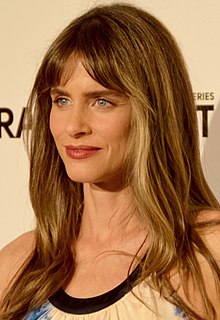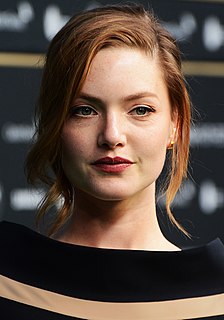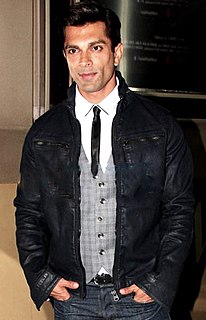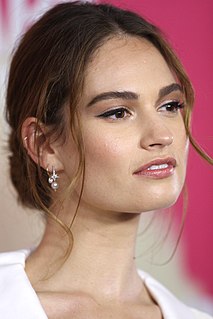A Quote by Nicholas Sparks
I've done a number of films. I've been around this. I think the biggest challenge is just getting the script right, the way that you want the script to be. It's really about capturing the complexity of emotions and creating the kind of characters that people will want to watch every week.
Related Quotes
People always say, "What do you want to do next, what kind of movie do you want to do next?" And I say, "I wanna do whatever script that is the best one that comes my way." I certainly would never say, "Oh, I'm gonna do a Western next," and sit around waitin' for a Western to come along when there's some other genre's brilliant script sitting right there.
All directors make films in individual ways. But the classical kind of view of filmmaking is that you have a script, and it's very linear. There's a script, then you're going to shoot the script ,and then you cut that, and then that's the end of the film. And that's never really been how I've seen it.
Mark and jay Duplass really like to improvise. Even if we beg them to go back to the script, they invariably ask us to go "off the rails," as they like to call it. It's just the way they work. You get a full written script. And it's really, really, really good, so that's why it's kind of peculiar that they always want you to improvise, because if I wrote something that good, I would want everyone to stick to the dialogue that was written.
In making a web video series number one, you need to have a script that you think is really funny, and it's true to yourself. I think some people use things as a stepping stone, and they want to please people and show them, "Hey, I can do hip guys in Judd Apatow style," and it's not true to them. If there's something you know about, like motorcycles, do something about motorcycles first. Do something that's really true to yourself and find a voice, and make the script as good as possible.
When I'm writing a script, I don't worry about plot as much as I do about people. I get to know the main characters - what they need, what they want, what they should do. That's what gets the story going. You can't just have action, you've got to find out what the characters want. And then they must grow, they must go somewhere.
The way I pick movies is, first, if the script is any good. Then, if the script is good, who else is in it, the director, the producer, all that. If you have all that, there's a chance the movie will be great. If the script isn't right, or the director or cast isn't right, you've got no shot in hell.
I think the most important thing is to, without belligerence, stand up for what want. Argue compellingly if someone tries to change your script. Yeah, legally they can if they want to. But rather than give up, as some of the writers do, and just wail about how your script got rewritten, it's much more difficult - but well within the realm of possibility - to argue very sincerely, calmly, and reasonably from your point of view, such that the director or the producer might decide, "All right, let's do it that way."
It's not about the script: it's about who the director is and who the other people in the cast are. Because you can look at a great script and execute it in a very sophomoric way, and you can look at an OK script, and you can execute it in a very sophisticated way and come out with something really good.
I think I'm up for not trying to play a literary heroine. I think I'd rather just do someone that has just been created in a script, rather than in a book that everyone knows and loves. The difficulty with it and the reason these characters are so loved is that every woman and man that reads it understands it in a different way. They're so relatable, but different aspects will be drawn from different people.
The script [of Regression] wasn't the draw for me. It was largely Alejandro [Amenabar] and his way of talking. To hear him talking about the script was way more interesting than the script. He wrote it, and so, English is his second language. It's an interesting thing. I've had that before. I was directed by Alfonso Cuarón before, too. It's always interesting when you're being directed by somebody like that. So much of directing is about communication, and finding the right words, and what it means, and how to convey certain emotions and ideas.







































